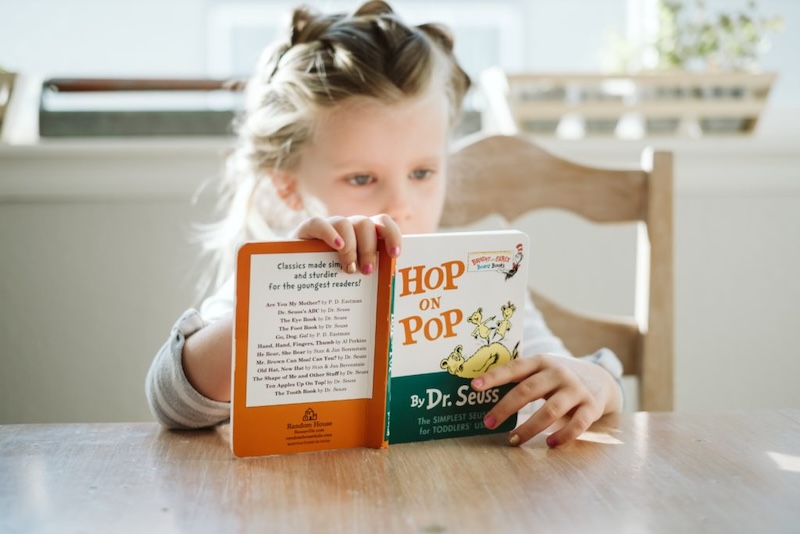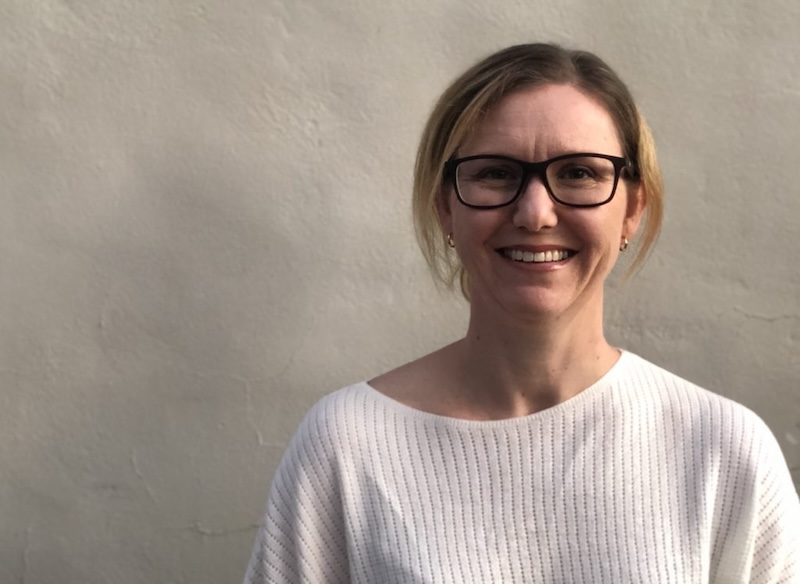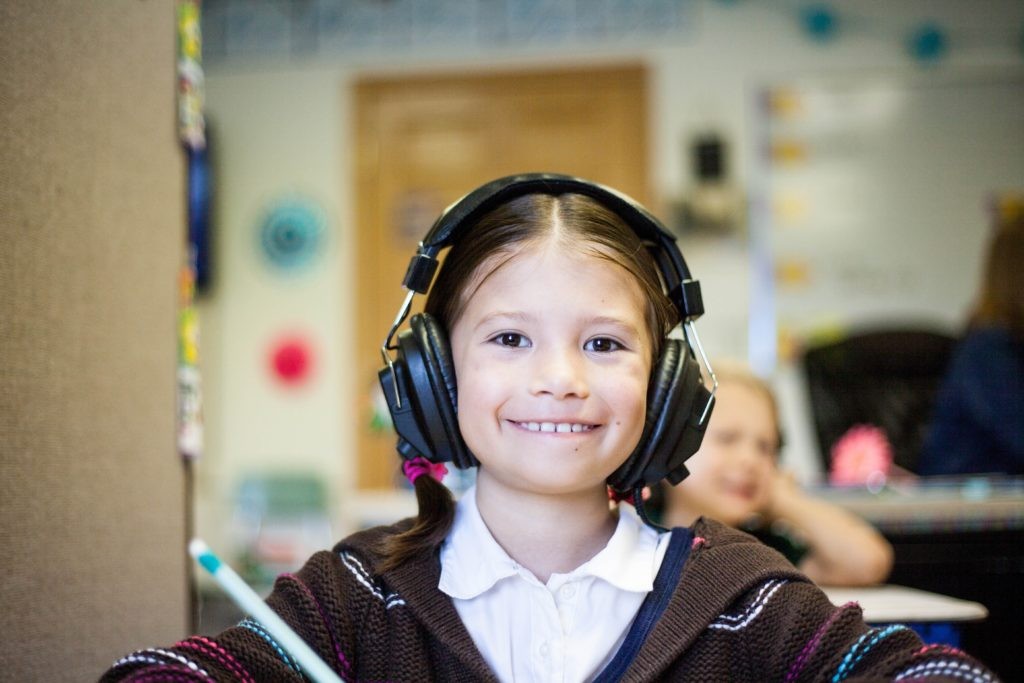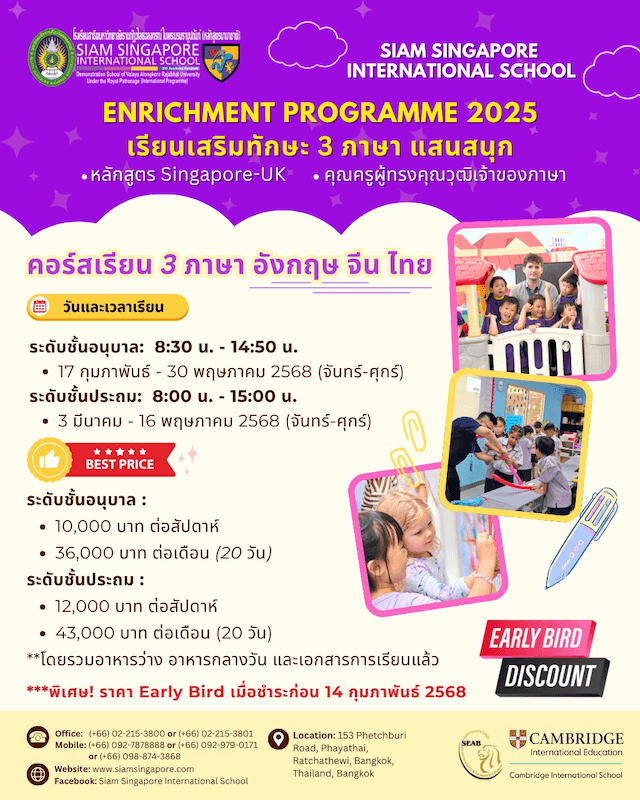What is Developmental Language Disorder (DLD)?
DLD is a condition which makes communication difficult for children. It is a common disorder and research suggests it impacts up to two children in every classroom. It is referred to as a hidden disorder as it often goes unrecognised and unsupported.
Children with DLD have difficulty understanding and talking to others. Difficulties will generally extend from spoken language into written language and impact the development of reading and writing. DLD is a condition that presents in early childhood but may persist into adulthood.
DLD is NOT caused by hearing impairment or bilingual language development. It is NOT an intellectual disability or autism (although children with these conditions often have language difficulties).
What Does DLD Look Like?

Imagine wanting to listen carefully to your teacher and be part of the discussion but it is hard to understand what they say and the conversation moves too quickly for you. Imagine having great ideas but struggling to quickly find the right words to build a sentence to clearly express your thoughts. Imagine that you can’t process what your friends say quick enough to take your turn and join in the fun.
Children with DLD may: Have difficulty understanding directions, questions and concepts. Have difficulty talking. They may use simple sentences and have difficulty with grammar. They may have difficulty finding the right words and overuse “it”, “that”, “here” & “there”.
Children with language difficulties are often slower to talk than their peers. Children usually use their first words around 12 months and are using two word sentences by two years. Consider seeking support early if your child is late to talk.
Difficulties with language go on to impact learning in the classroom, literacy development, friendships and confidence. Many children with emotional, behavioural, attention and literacy difficulties have undiagnosed DLD that impacts the success of other supports that may be in place. We need to look to identify language difficulties so we can support children appropriately. Children with unsupported DLD are likely to be frustrated and not reach their potential.
How is DLD Treated?

The good news is that therapy is available to help support children with DLD to succeed socially and academically. Speech Language Pathologists (SLP) assess and treat children with DLD. Services are individualized based on the child’s individual profile.
A Speech Language Pathologist will talk with parents about their concerns. They will assess the child’s language skills using a range of tools including gathering information from home and school, observing play and conversation, and structured assessment tools that investigate understanding and expression (talking). When a child is bilingual, their skills are evaluated across both languages. From this information, they will identify any difficulties in the area of language. They will work with you to support the development of these skills.
Trust your instincts. If you feel your child is having difficulty understanding and expressing themselves, talk with a Speech Language Pathologist about your concerns. It is recommended that you seek help early with SLPs supporting children with language development from 18 months of age.
If you would like to talk to a Speech Language Pathologist please reach out for a free online consultation at https://www.australiantherapyservices.com.au.
You can find more information about DLD here: https://dldandme.org/














